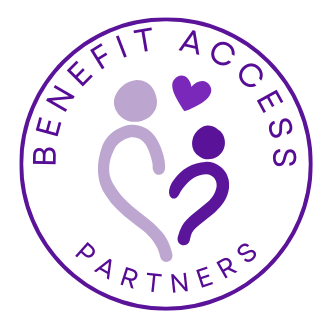Med-Waiver services refer to medical and health-related programs funded primarily through Medicaid Waiver programs. These services are designed to provide support to individuals with disabilities or chronic conditions, enabling them to live more independently within their communities rather than in institutional settings.
Med-Waiver
Key Features of Med-Waiver Services

Difference from Ibudget to CDC+
The Medicaid Waiver iBudget and the Medicaid Waiver CDC+ Program are both part of Florida’s Medicaid Waiver system, which helps individuals with developmental disabilities receive services that support independent living and community inclusion. However, they differ in terms of flexibility, participant control, and service management.
Key Differences Between iBudget and CDC+
Program Overview
Budget Flexibility
Service Providers
Responsibilities
Suitability
Similarities
- Both programs aim to provide essential services to individuals with developmental disabilities.
- Participants must meet the eligibility criteria for Florida’s Medicaid Waiver.
- Services include personal care, respite, therapy, supported employment, and transportation.
Which One is Right for You?
- Choose iBudget if you prefer a structured approach with less administrative work.
- Choose CDC+ if you value flexibility, creativity, and control over your care plan and services.

